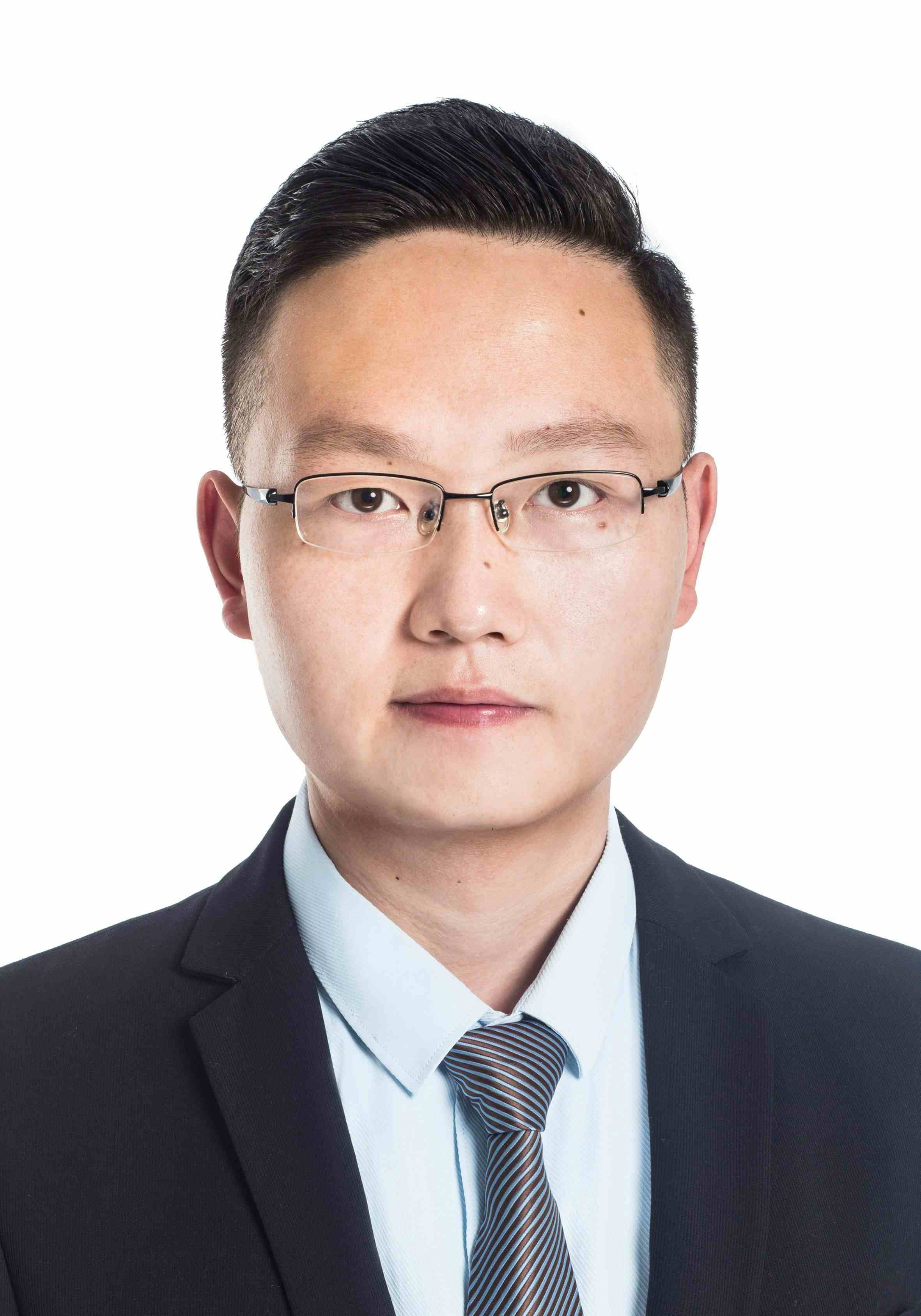Automated Buffer Management System Is Designed For Continuous Downstream Bioprocessing

Lund University researchers have developed an automated buffer management system for small-scale continuous downstream bioprocessing. Buffer management is a critical process that includes buffer preparation, storage of buffers, and restocking the buffers when needed. The current manual process can become a bottleneck when running integrated continuous purification processes for prolonged times, even at small scale.
The newly developed system formulates all buffers from stock solutions and water according to pre-specified recipes. A digital twin of the physical system was introduced in the research software Orbit, written in python. Orbit was also used for full automation and control of the buffer system, which could run independently without operator input and handle buffer management for one or several connected buffer-consuming purification systems.
The developed buffer management system performed automatic monitoring of buffer volumes, buffer order handling, buffer preparation, and delivery. To demonstrate the capability of the developed system, it was integrated with a continuous downstream process and supplied all nine required buffers to the process equipment during a ten-day operation. The buffer management system processed 55 orders and delivered 38 L of buffers, corresponding to 20% of its capacity. The pH and conductivity profiles observed during the purification steps were consistent across the cycles.
The deviation in conductivity and pH from the measured average value was within ±0.89% in conductivity and ±0.045 in pH, well within the typical specification for buffer release, indicating that the prepared buffers had the correct composition. The operation of the developed buffer management system was robust and fully automated, and provides one solution to the buffer management bottleneck on lab scale for integrated continuous downstream bioprocessing.
The system is presented in the Journal of Chromatography A and was developed by Madelène Isaksson, Joaquín Gomis-Fons, Niklas Andersson, and Bernt Nilsson from Lund University in Sweden. The system offers a fully automated buffer management solution for small-scale bioprocessing that can run independently without operator input, and handle buffer management for one or several connected buffer-consuming purification systems.
In conclusion, the new automated buffer management system is a significant breakthrough in the field of bioprocessing, providing one solution to the buffer management bottleneck on lab scale for integrated continuous downstream bioprocessing. The system's ability to formulate buffers from stock solutions and water according to pre-specified recipes and deliver them consistently and accurately makes it a valuable tool for biopharmaceutical purification processes. The system offers an excellent opportunity for increasing productivity, reducing costs, and improving the quality of the final product.
Reference
Isaksson, M.; Gomis-Fons, J.; Andersson, N.; Nilsson, B. An automated buffer management system for small-scale continuous downstream bioprocessing. Journal of Chromatography A. 2023. 1695, 463942. DOI:https://doi.org/10.1016/j.chroma.2023.463942
Accelerating Monoclonal Antibody Quality Control: The Role of LC–MS in Upstream Bioprocessing
This study highlights the promising potential of LC–MS as a powerful tool for mAb quality control within the context of upstream processing.
Common Challenges in Nitrosamine Analysis: An LCGC International Peer Exchange
April 15th 2025A recent roundtable discussion featuring Aloka Srinivasan of Raaha, Mayank Bhanti of the United States Pharmacopeia (USP), and Amber Burch of Purisys discussed the challenges surrounding nitrosamine analysis in pharmaceuticals.

.png&w=3840&q=75)

.png&w=3840&q=75)



.png&w=3840&q=75)



.png&w=3840&q=75)




